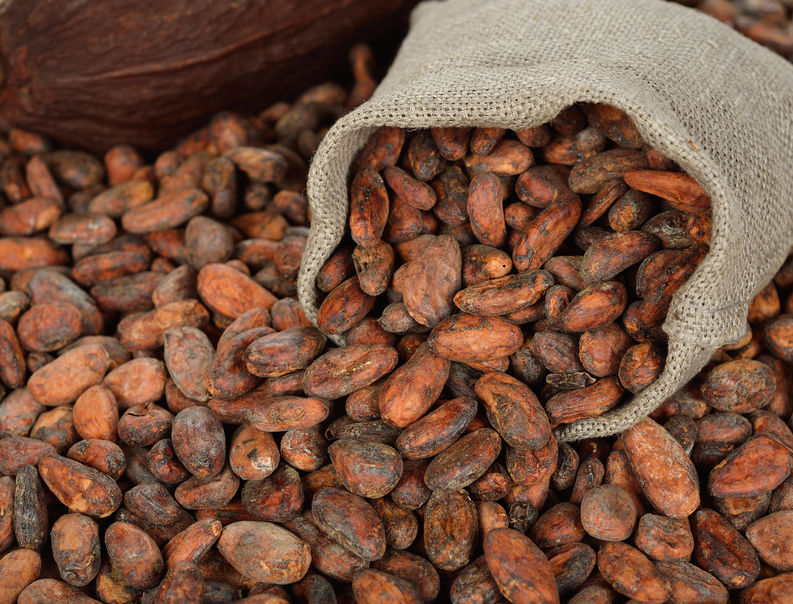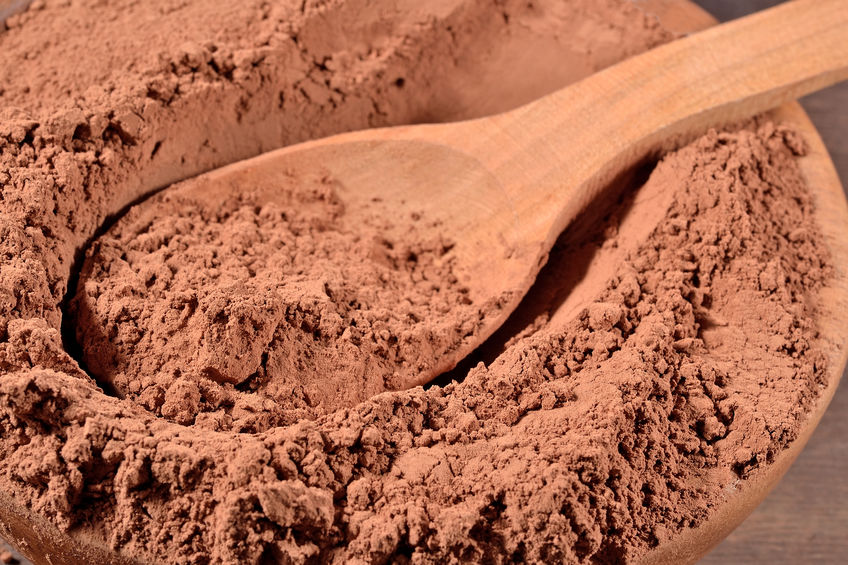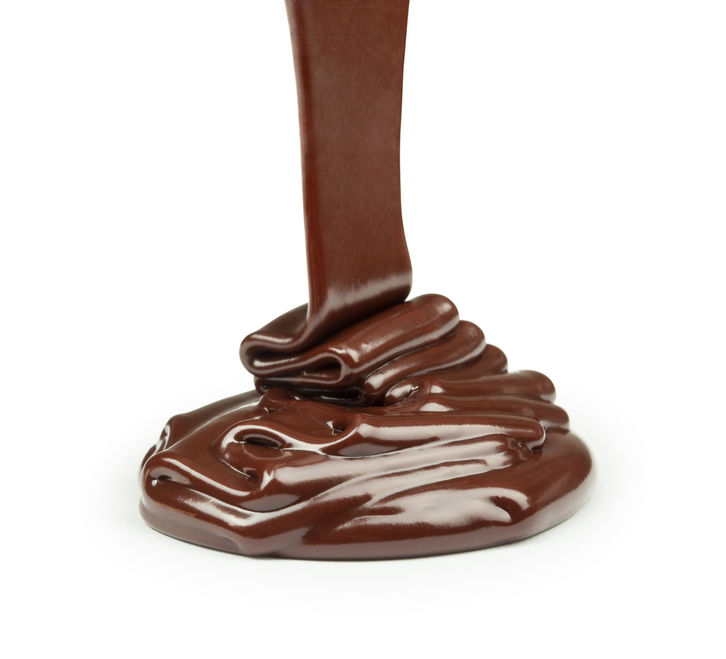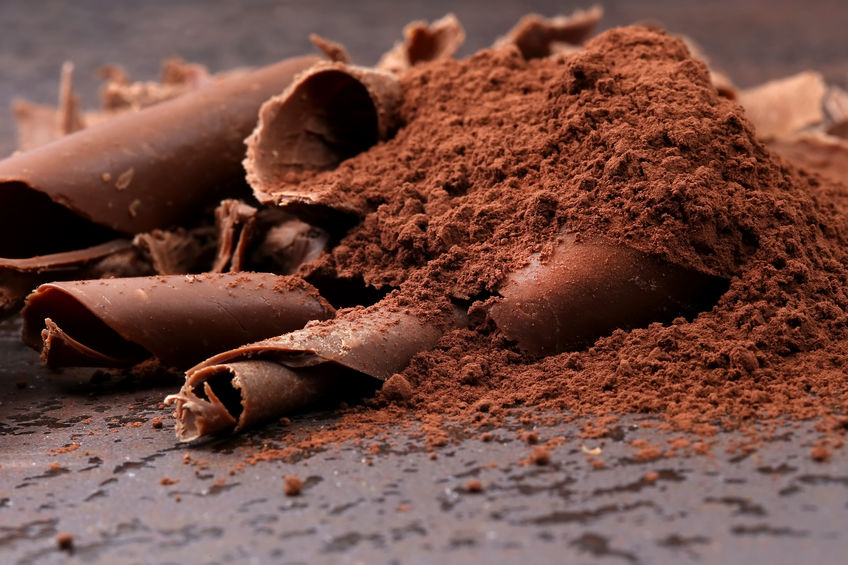There is no denying that anything chocolate is one of the best treats on the planet, but it has received a bit of a bad rep, especially when it comes to diets. Sadly, there is some truth to this because many chocolate bars and chocolate-flavored desserts are riddled with sugar. But before you throw all hope out the window, there are a few things you should know about chocolate and the keto diet.
The Cocoa Bean – A Superfood?

The cocoa bean is the main ingredient in chocolate, which most of you already know. However, it is not the bean that has earned chocolate the bad rep it has today. Cocoa is actually classified as a fruit since the beans are harvested from a tropical plant called Theobroma cacao and just like other fruits and vegetables, cocoa is extremely nutritious. Cocoa is one of the richest sources of antioxidants found on the planet. It’s no wonder that the Aztecs believed that the cocoa bean was a gift from the gods and even used as a currency!
Other than the potent antioxidant activity, cocoa contains more flavanols and polyphenols than any other fruit, including acai berries and blueberries. It also contains an abundance of antibiotics, which has earned the bean “superfruit’ status.
While the bean may be considered a superfood, it doesn’t mean that all foods that use this ingredient are keto-friendly. It all depends on the manufacturing process and additional ingredients.
Is Cocoa Powder Keto?

To put it simply, natural cocoa powder is 100% keto-friendly and is the ultimate hack for making rich chocolate keto fat bombs.
Cocoa powder is made by grinding the beans harvested from the Theobroma cacao tree. First, the beans are left to ferment for a few days, then dried and roasted. After they have been roasted, the hulls are removed from the bean. The fat from the bean is extracted to form what we know as cocoa butter and the leftovers are then ground down to form the cocoa powder we find on many store shelves.
This form of cocoa powder should not be confused with a hot cocoa mix or instant cocoa. Cocoa powder has a bitter taste so many manufacturers add sugar, dehydrated milk, and other ingredients to the formula to make it sweet and creamy, many of which are not keto-friendly.
A 100 gram serving of cocoa powder contains:
- 13.7 grams of fat
- 19.g grams of protein
- 54.3 grams of carbohydrates
- 33.2 grams of fiber
- 21.1 grams of net carbohydrates
At first glance, the carb value is substantially high, but if you break it down to a tablespoon, which is more than enough for most keto chocolate dessert recipes, the net carb count is only 1.13 grams. You may also be wondering why there is a high-fat content since the fat is extracted during the manufacturing process. Most of the fat is extracted but not all of it, in fact, that’s how you can tell a good quality cocoa powder apart from the rest. Cocoa powders that contain a higher fat percentage are generally higher in quality.
Are Chocolate Bars Keto Approved?
The question on everybody’s mind! Is there a place for chocolate bars on the keto diet? The answer depends on the chocolate bar itself.

Historically, chocolate was enjoyed as a bitter beverage and used for most Aztec and Mayan ceremonies. Once chocolate mania had hit Europe, cane sugar, cinnamon, and other flavorings were used to make the chocolate less bitter. In 1847 the first chocolate bar was ever moulded using sugar paste, cocoa butter, and chocolate liquor. While it may have been tasty, the bars were hard and difficult to chew. Fast forward a couple of centuries and ingredients later and we have the smooth, easy-to-chew, creamy milk chocolate we all know and love today. Many ingredients found in milk chocolate include emulsifiers like lecithin, corn syrup, sugar, artificial flavorings, and carrageenan. A far cry from the all-natural ingredients found in chocolate during the 1800s.
Thanks to all the added sugar, milk chocolate bars are a keto no. But don’t despair just yet, when your sweet tooth demands a fix, you can safely indulge in some dark chocolate without kicking yourself out of ketosis. Dark chocolate contains a higher percentage of cocoa and fat and fewer carbs than milk chocolate. Some dark chocolate brands have no added sugar but use alternative natural sweeteners to balance out the bitter taste.
Choosing The Right Chocolate Bar

It’s important to choose the right dark chocolate bar if you want to maintain your state of ketosis. It’s best to look for brands that contain a high percentage of cocoa – 70 to 90% is the best option. Many low carb chocolate bars are either completely unsweetened or contain alternative sweeteners such as xylitol, stevia, or erythritol. Some low carb chocolates also contain MCT oil, which is great for an extra boost of fat, but it’s best to eat sweetened MCT chocolate in moderation to avoid cramping, diarrhea, and other digestive discomforts.
The nutritional content in each bar varies depending on the size of the bar and the brand, however, most can be enjoyed in moderation. You can easily check the labels to see the carbs per serving size and decide how much to have based on your macro count for the day. If you are close to reaching the 50-gram carb count, it may be best to leave this treat for another day. If not, a few blocks of chocolate won’t hurt your keto diet.
Nutrients In Dark Chocolate?
As we mentioned before, the cocoa bean is a super fruit packed with potent nutrients that have many benefits. Many studies have revealed that indulging in a piece of dark chocolate every day can have a significant impact on your health.
A 100-gram bar of high-quality dark chocolate (70-85% cocoa) contains:
- Potassium
- Phosphorus
- Selenium
- Zinc
- Fiber
- Iron (67% of the RDV)
- Magnesium (58% of the RDV)
- Copper (89% of the RDV)
- Manganese (98% of the RDV)
The benefits of this incredible nutrient-dense food include:
Lowered Risk Of Heart Disease
Observational studies have revealed that the compounds found in cocoa may prevent the oxidation of LDL (bad cholesterol). The long term effects of reduced LDL prevents the buildup of plaque on the arteries, which results in a lower risk of developing heart disease.
UV Protection

Eating a piece of dark chocolate regularly does more for your skin than you may think. The natural flavonoids and bioactive compounds in cocoa promote blood flow to the skin and improves skin hydration and density. Cocoa also increases photoprotection against erythema, a UV-induced redness of the skin.
Improved Brain Function
The high antioxidant and flavonoid compounds found in cocoa have a significant impact on the function of your brain. Studies have shown that eating cocoa helps to improve cognitive function in those with mental impairment and also has an impact on verbal fluency. Cocoa also contains caffeine and theobromine, which are natural stimulants that could be the main reason behind improved brain function.
Chocolate And The Keto Diet: The Bottom Line
Many keto dieters may be excited to learn that cocoa is actually a super fruit with amazing health benefits. However, before you start calling your Hershey’s milk bar a healthy fruit snack, it’s important to know that not all chocolate is created equal. The added sugar and emulsifiers in milk chocolate are not healthy, even for non-keto dieters. Milk chocolate may be off-limits, but cocoa powder and 70-85% cocoa dark chocolate is perfectly suitable on the keto diet in moderation. Indulging in a piece of dark chocolate does more than satisfy your sweet tooth craving, it also helps to improve blood pressure, reduce LDL, and protect your skin against UV rays. That’s more than enough reason to enjoy this ‘guilty’ pleasure!

